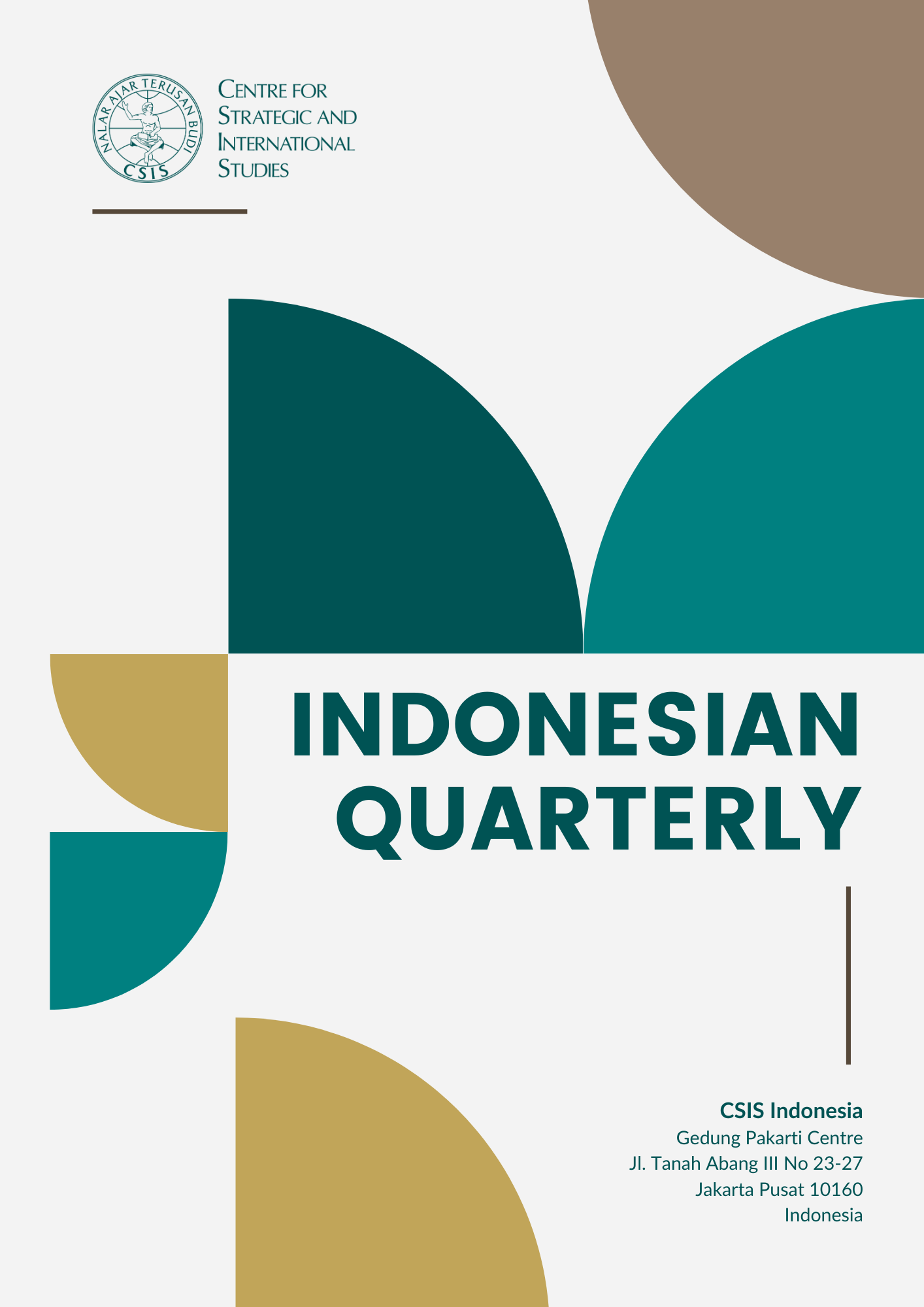Abstract
In Indonesia, most regulatory debates on the platform economy to date have revolved around the issues of pay and social protection, and not on the management process of platform workers. By drawing on the literature review of algorithmic management, the paper demonstrates the opacity of the automated management system that derives productivity from workers through intensive monitoring and reward and punishment mechanisms. Past research on the working conditions of Indonesian platform workers have highlighted the adverse impacts of algorithmic management, such as the increasing speed and efficiency pressures on workers to complete tasks, and the decreasing accountability by platforms as they passed on the role of managerial supervision to customers. The lack of a regulatory oversight on algorithmic management has further exacerbated the consequences of the partnership model, a legal loophole popularised by platform companies that structured an equal relationship between platforms and workers. While global development in algorithmic regulation might shift the dial in this respect, existing regulations in Indonesia is currently ill-prepared to mitigate the impacts of algorithmic management on the platform workforce. To ensure that technology is deployed to benefit all stakeholders in the platform economy, this paper recommends a regulatory update that delineates the partnership model; an increased transparency and human-right approach to employment; and greater human intervention in employment-related algorithmic decision-making.
